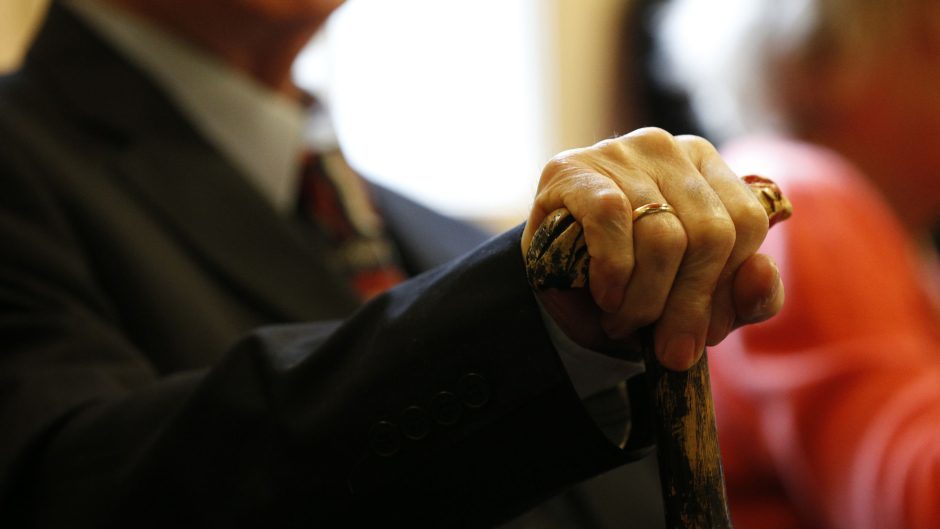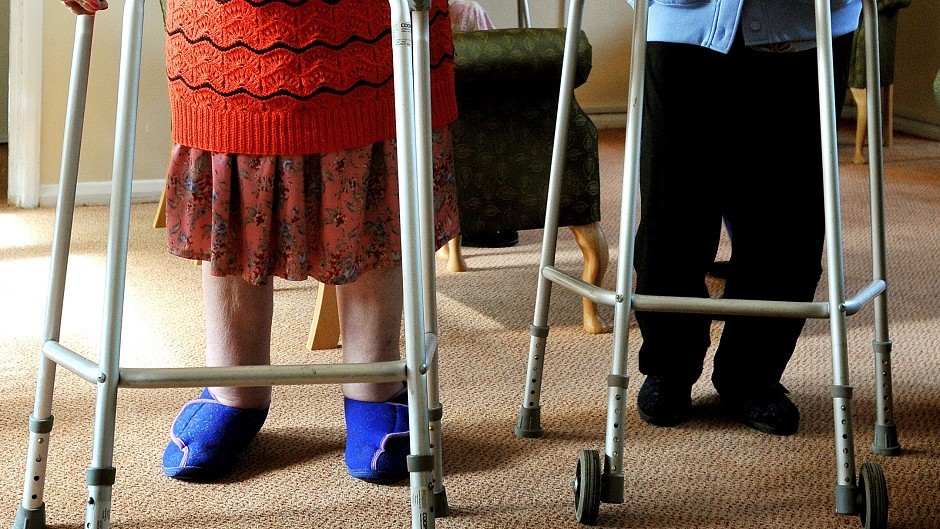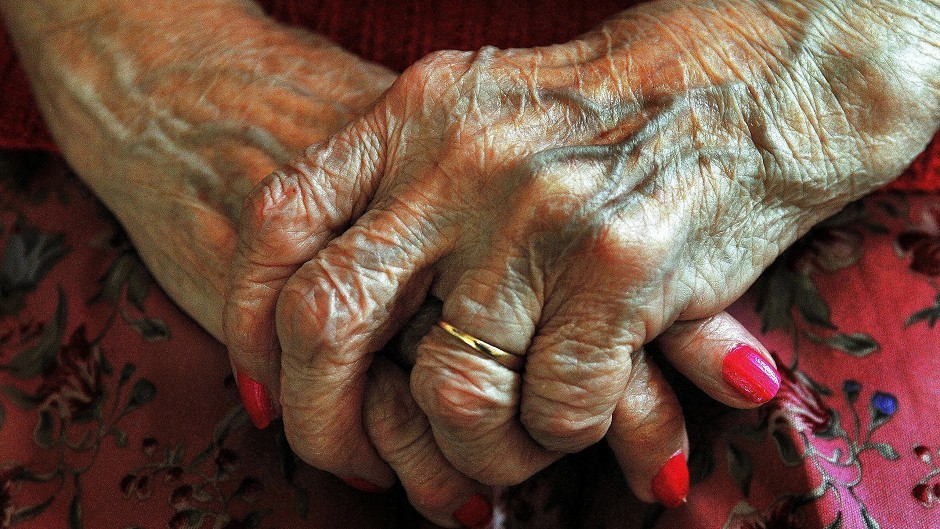Disabled people were left “living in their beds” without access to food or medicine during the coronavirus lockdown.
MSPs have been told that some reported feeling suicidal as a result of the “isolation”.
Heather Fisken, head of policy and research team at Inclusion Scotland, laid bare the consequences of social care packages being cut back or removed during the pandemic.
We knew that people were being left, basically living in their beds, without any hope of getting out bed in the foreseeable future.”
Heather Fisken of Inclusion Scotland
Giving evidence to Holyrood’s equalities committee, she said a survey in April of 800 people found that 45% had their support scaled back by healthcare providers.
“The impact of this, as you can imagine, is absolutely profound on disabled people and their households,” she said.
“Elderly parents are having to start caring, and they themselves have disabilities. People don’t know what to do. They don’t know where to turn to.
“They are still being charged, or being asked to make contributions for social care. They are struggling to access food and medicine etc.”

She added: “Clearly this survey took place in April and some things have moved on and improved since then.
“But the isolation and the not knowing, and at that time we knew that people were being left, basically living in their beds, without any hope of getting out bed in the foreseeable future.
“As you can imagine, it is a horrible situation for people to be in. And this fear and isolation is actually leading to a mental health crisis.”
Ms Fisken said the disabled people’s organisation was made aware that some of those filling in the survey were feeling suicidal at the time.
Claire Cairns, network coordinator at the Coalition of Carers in Scotland, told the committee that there was uncertainty about the future of many social care packages.
“In terms of packages during Covid-19, for a lot of people they are receiving no services at the moment and that is due to a combination of factors,” she said.

“Firstly, anything building based was going to be shut down during the period, although a few local authorities did carry on throughout, and introduced measures quite early on, which was very helpful for people.
“For other people who were using, for example, direct payments and employing PPAs, in some cases they were shielding and weren’t able to continue to work, which meant they lost those services.
“And some carers chose not to use any services at this time, or disabled people, because they were afraid of the additional risk.
“What that has meant is that, in many cases, carers are caring full-time, 24 hours, for people, with no breaks, in quite intense circumstances.
“And there are many impacts that is having on their health and wellbeing, and they are (experiencing the) feeling of being at breaking point.
“And as services potentially start to open up again, people are having to make difficult decisions about whether they will use them or not, so I think providers are looking at risk assessments and that, but it is crucial that carers feel safe in terms of using services again.”
